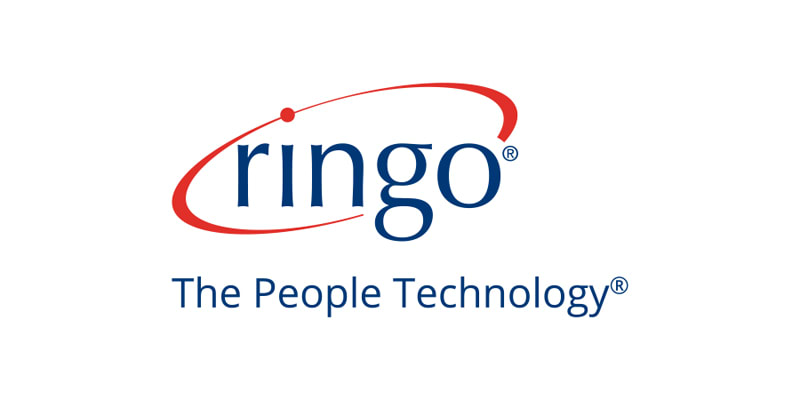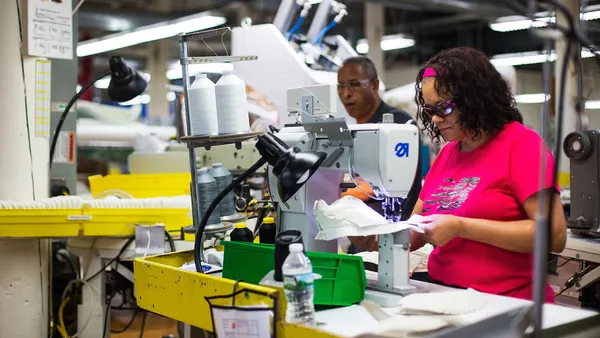Managers play a vital role in addressing the complexity crisis among organizations with a front-line workforce, according to a July 9 report from Dayforce, a global human capital management firm.
While front-line workers and managers tend to have alignment, both often have a disconnect with executives on front-line challenges, including high turnover, avoidable costs and negative customer experiences. With 70%-80% of the workforce not sitting behind a desk, managers can make a significant difference — but also need support, the organization said.
“Whether it’s workers, managers, or executives — it’s clear that people at all levels of a frontline-focused organization feel the pain of the growing complexity crisis, with each group experiencing it differently,” Justine Janssen, chief strategy officer of Dayforce, said in a statement.
“The key to closing the gap is empowering managers with the data, tools, and executive support needed to drive better decision making, increased efficiencies, lower turnover, and optimized performance,” she said. “This can also help align senior leadership and workers by increasing visibility into the everyday reality of frontline workers and making their work lives better.”
In a survey of 6,935 workers, managers, and executives, 83% of executives said they understand the challenges facing front-line workers, but only 62% of workers agreed, revealing a disconnect in the complexity crisis.
The report identified several areas where executives can better support managers and improve front-line worker performance. For instance, scheduling remains a major driver of turnover. About 89% of managers and 86% of workers said they’re likely to leave their current job for a role with a better schedule. Managers need leadership support to improve schedule flexibility, the report found.
Internal mobility and personalized career paths matter as well. About 65% of workers said they want to advance in their company but need skills development opportunities to do so.
Building culture and connection — and involving both managers and front-line workers — can reduce labor issues and foster business continuity. Although 90% of executives said they feel a moderate or high degree of connection to their employer, only 72% of front-line workers agreed, revealing that employee experience should be a priority for managers and executives alike.
Site-specific training content, accurate on-the-job instruction and consistent training reinforcement can boost performance, employee engagement and motivation at companies with a front-line workforce, according to a separate Intertek Alchemy report. In addition, training accuracy and consistency are vital for maintaining quality, driving safety measures and improving retention, it said.
Mental health resources can be helpful as well. Front-line workers experience significantly higher mental health needs, including depression and anxiety, according to a report from meQuilibrium. When faced with high stress, front-line workers are also less likely to seek professional assistance due to irregular shift hours and a lack of awareness about relevant benefits, so employers can work to educate their essential workers about their well-being options, the report said.
Although more companies have said they want to focus on hiring and training front-line workers in 2024, nearly half rated the quality of their company’s front-line employee experience as “average” or “below average,” according to a PwC survey. Employers can create a positive experience by seeking direct feedback, particularly around employee engagement and culture, PwC said.














